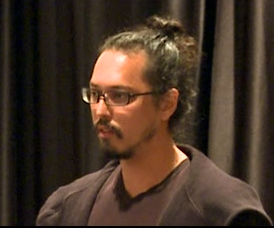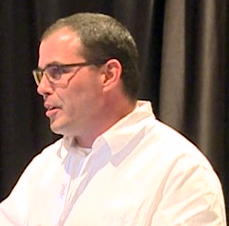CppCast Episode 26: Effective C++ with Scott Meyers
Episode 26 of CppCast the only podcast for C++ developers by C++ developers. In this episode Rob and Jason are joined by Scott Meyers to discuss the Effective C++ book series.
CppCast Episode 26: Effective C++ with Scott Meyers
by Rob Irving and Jason Turner
About the interviewee:
Scott Meyers has been working with C++ since 1988. He’s the author of Effective C++, More Effective C++, Effective STL, and his most recent book, Effective Modern C++. For 25 years, he’s delivered C++ training to clients worldwide. He once lectured about C++ on a brass-railed nightclub stage while the audience sat at cocktail tables.

 Have you registered for CppCon 2015 in September? Don’t delay –
Have you registered for CppCon 2015 in September? Don’t delay –  Have you registered for CppCon 2015 in September? Don’t delay –
Have you registered for CppCon 2015 in September? Don’t delay –  Have you registered for CppCon 2015 in September? Don’t delay –
Have you registered for CppCon 2015 in September? Don’t delay –